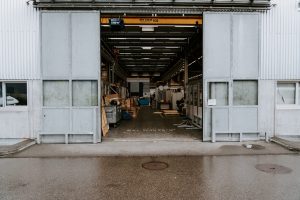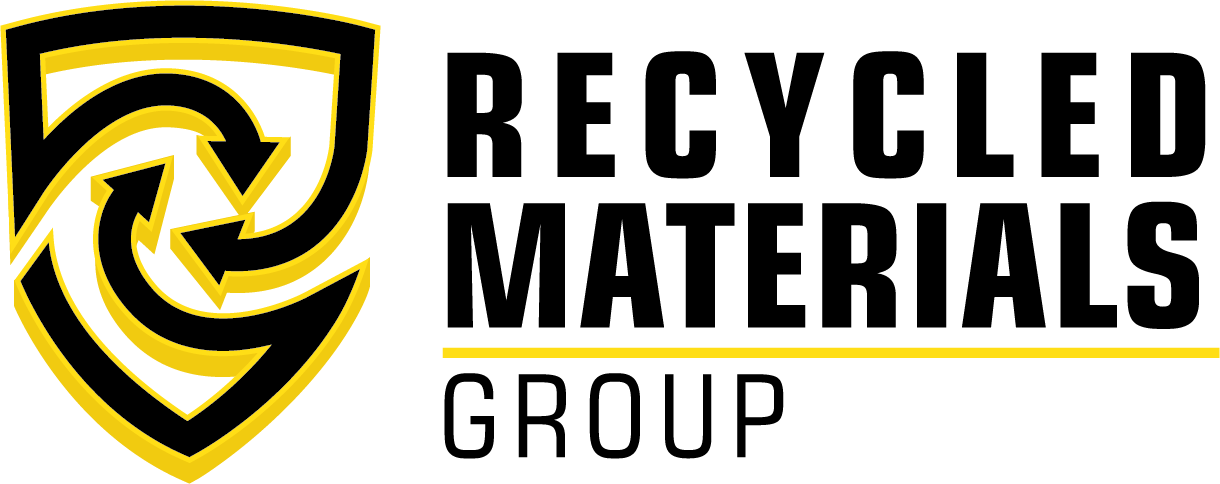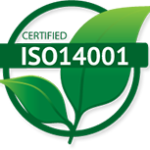Green bins, “Go Green!” slogans, and the iconic green triangular symbol; over the past 40 years, recycling has become synonymous with the idealistic initiative to keep our forests verdant and our oceans clean. And there’s no doubt that on the individual level, recycling is an inherently good practice. It eases consumers into more awareness of their consumption, often times leading to better reusing and reducing habits as well.

But how easy is recycling after it gets emptied from your bin?
Up until 2017, municipal recycling efforts had evolved smoothly into a symbiotic global trade.
China made profit by selling its exports, people around the world pleasantly consumed these products, and the waste was shipped back to China, creating thousands if not millions of processing jobs for its citizens.
2017 marked a transitional point in the recycling industry; China decided not to accept most of the used paper and plastic waste it had taken in years previously. The majority of the rejected waste either lacked worth (wasn’t good enough to refashion into new products) or was tainted with toxic substances such as lead and mercury. While this decision raised awareness of the dangers of waste-processing, no other country has the capacity to take in China’s previous import levels.
With a sudden lack of demand, paper and plastic prices dropped significantly.
With the loss in value, municipal recycling centers struggled to subsidize the price for curbside pickup, which kept local recycling inexpensive for the individual. Now more so than ever, local recycling centers need the support of mid-size to large businesses in the community to not only to maintain their business, but also to still allow for them to subsidize curbside pickup.

The cost of recycling has risen, and the materials can be difficult to salvage.
Did you know that most cardboard takeout boxes are unable to be processed? The oils that seep into the cardboard from a large pizza are unable to separate from the paper fibers. One box can spoil an entire pile, but the average consumer is in the dark about the nuances of cardboard processing, thus better municipal education is a necessity. Paper fibers themselves can only be reused about 5 to 7 times before they naturally degrade. Most clear plastic from water bottles is unable to be recycled into new bottles.
Recycling used plastic is proving to be a conundrum; oil prices have lowered to the point where new, or “virgin” plastic is less expensive to use than recycled plastic. In 2019 however, Unilever, PepsiCo, and Mars vowed to cut their use of virgin plastic so as to better support recycled and biodegradable materials. In the wake of China’s departure from the recycling industry, more countries are stepping up to better process their waste. Despite the rise in cost, recycling saves energy and keeps harmful substances out of landfills.
So recycling is still worth the cost, as long as we are supporting our local recycling centers.

Based in Nashua, New Hampshire, the Recycled Materials Group takes pride in supporting New England business and organizations. Coordinating the proper recycling, disposal and logistics functions while minimizing costs is a complex multi-step process. RMG can help you by providing turn-key services to help you finish the project efficiently. For more information, call us at 603-417-3046.





